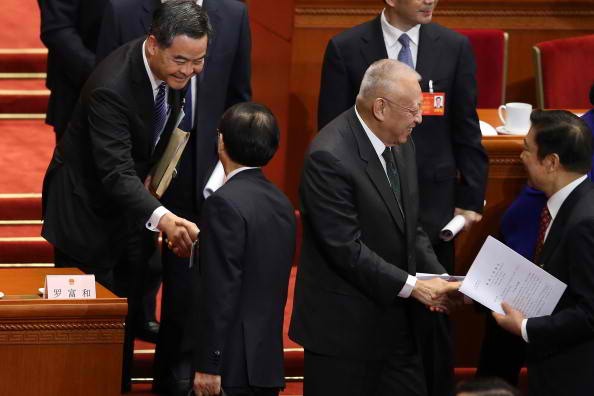The Communist Party of China collaborated with the China Central Television to create a documentary entitled, "Always on the Road," exposing the most corrupt officials in government.
These officials such as Zhou Yongkang and Ling Jihua, and exposed other low-level officials, known as the "flies."
The documentary showed North China's Hebei Province as one of the regions which harbor officials guilty of grass-roots corruption. Reports indicated that the provincial government investigated personnel in fields including construction, water supply, and property development.
More than 6,000 low-level officials were arrested for the 31 of them embezzling more than 10 million yuan or $1.48 million each.
One of them was Ma Chaoqun, the former manager of a water supply company in Qinhuangdao. He kept 120 million yuan in cash, the deeds to 68 apartments and 37 kilograms of gold at home.
Another low-level official, like local welfare office director Zhang Shilong, stole from poor families getting 700 yuan in monthly welfare as well as children who were supported by the state.
"What the public is concerned about more is the actual behavior of those officials. If grassroots corruption isn't curbed, it will shake the foundation of the Party and the eventually shake the public's trust to the Party and government, said Cheng Wenhao, director of the Anti-Corruption Research Center at Tsinghua University.
Liu Dawei, the Party secretary of Huaibei's Lieshan village, was also arrested after getting bribes and profits from the collective coal mines.
"Everyone knows that he [Liu] splashed the money you earned. Now the village turns from the richest to the poorest. . . . People outside used to say that even Lieshan's dogs could find lovers, but now young villagers can no longer find partners," a villager was quoted as saying in the TV documentary.



























